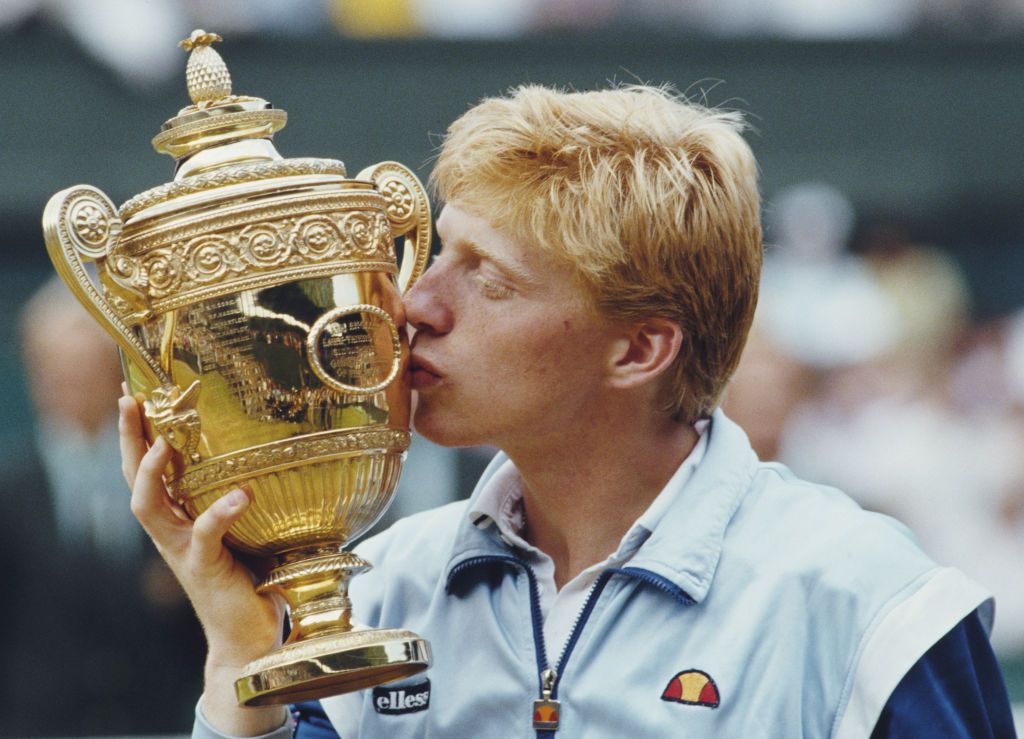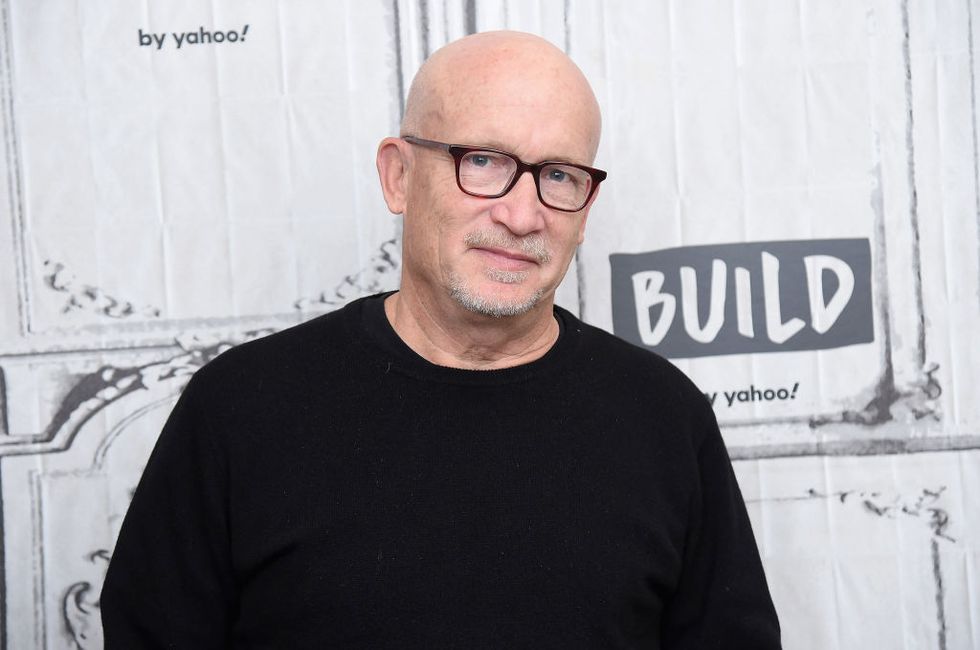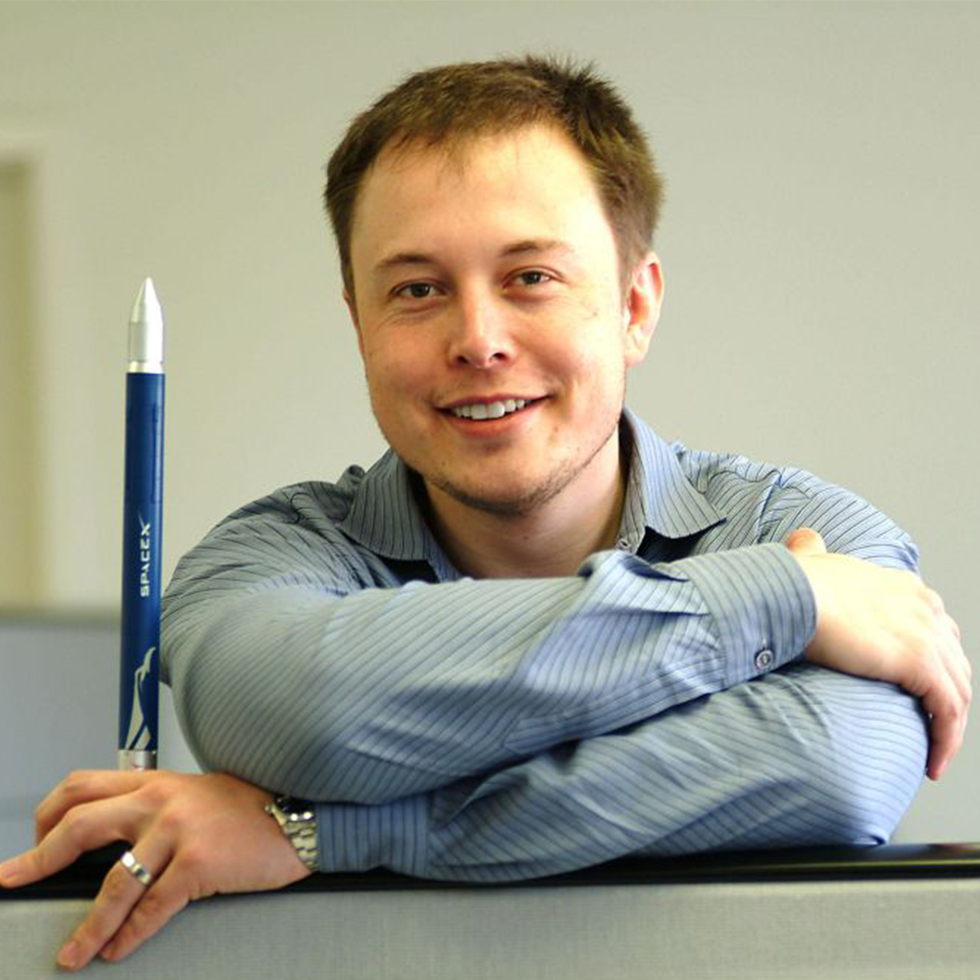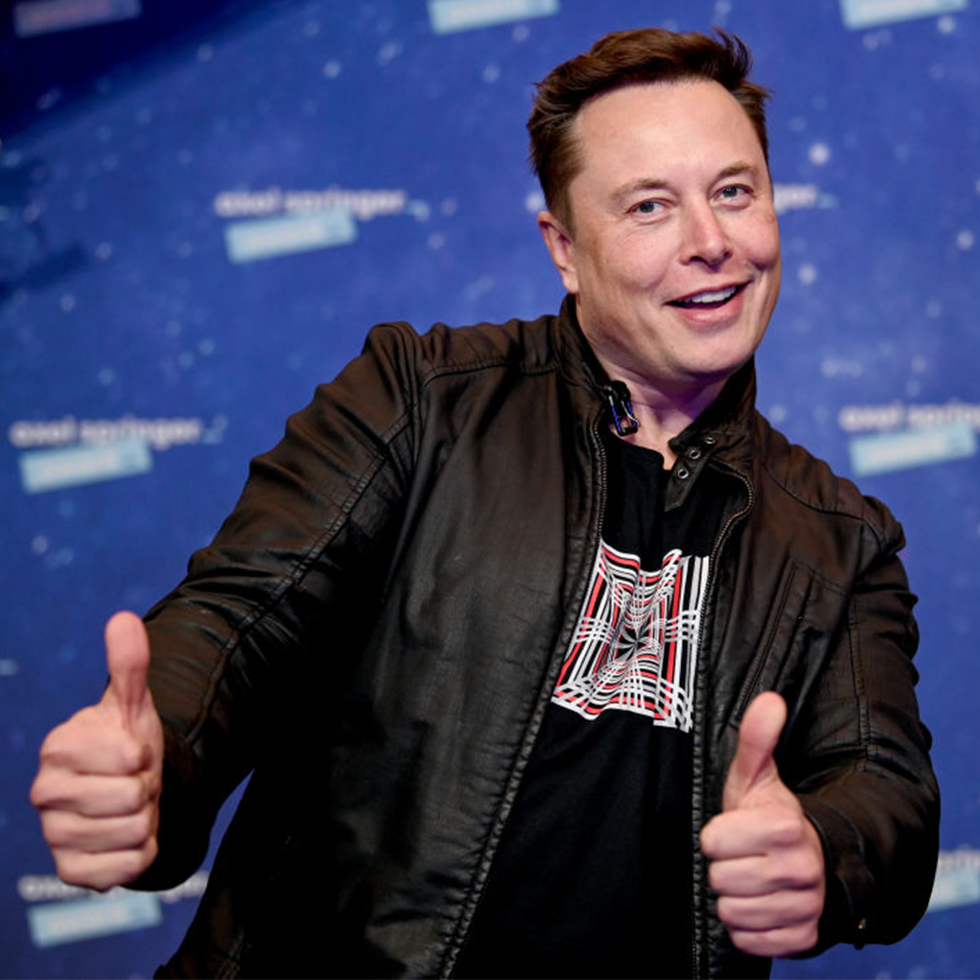When Boris Becker won Wimbledon in 1985, he wasn’t old enough to get a tattoo, place a bet or purchase a lager shandy. But, overnight, the 17-year-old carrot-topped German became a global superstar. In an era of rock’n’roll tennis – his swashbuckling rivals included John McEnroe, Andre Agassi and Stefan Edberg – this was no mean feat. Becker, Boom Boom as he was known in the press, became a symbol of German reunification; the boy from Leimen who grew into a global icon.
Through all this, and despite two Australian Open trophies and a title at Flushing Meadows, Centre Court at Wimbledon remained his spiritual home. Becker was a fixture at the Championships, both as a player and, eventually, a commentator, and was frequently described by the media as “Britain’s favourite German.” The rise of Jürgen Klopp might have knocked him down a place on that podium, but he’d still have a fair claim to be Britain’s favourite Boris.
“I was really into Becker,” Academy Award-winning director Alex Gibney tells me, via Zoom from the East Coast of the States. “The idea that he went all out, that he played that power game. He’s hugely fun to watch.” That showmanship is the subject of Gibney’s new two-part Apple+ series, Boom! Boom! The World Vs Boris Becker. It follows the former tennis star's career, from his sophomoric Wimbledon victory in 1985 to the eve of a stay at His Majesty’s pleasure, having been charged under the Insolvency Act.
That subtitle – “the World Vs Boris Becker” – hints at the fact the Becker story is not exclusively about tennis. Firstly, there was the infamous tryst in a broom cupboard at Nobu, which resulted in the tabloids exposing a disavowed lovechild. Then there was the first of Becker’s battles with the tax authorities, in his native Germany, followed by the lengthy arbitration that led to his eight-month stay at HMP Wandsworth. “This [film] started back in late-2018,” says Gibney, discussing the project’s long gestation. “It was originally intended to be a purely celebratory tennis film.” But, as in so many of Becker’s matches, the story began to shift. “When he was on trial, and then convicted, that’s when it became something different.”
The result is a story told in two parts, based on the line from Rudyard Kipling’s poem “If” which adorns the player’s entrance on Centre Court. Athletes are compelled to “meet with Triumph and Disaster” and “treat those two impostors just the same”. So, naturally, part one of the documentary is titled “Triumph”, and part two, you guessed it, “Disaster”.
“What makes a story interesting is following it and not being quite sure where it’s going to go,” says Gibney. “In a documentary you write the script at the end, not the beginning.” His interview with Becker began when the big-server’s legal problems were just a glint in the taxman’s eye. But by their final session, Becker was facing imminent incarceration. “He really was coming face to face with his own demons and had to be honest with himself in a way that maybe he hadn’t been.” All the same, Becker insists in the film that “there’s going to be another chapter”. Let’s just hope it’s not Chapter 11.
Becker is the latest slippery subject to fall under Gibney’s microscope. He made his name with Enron: The Smartest Guys in the Room, a virtuoso account of the energy firm’s collapse, anchored by the company’s CEO (and fudger-in-chief) Ken Lay. Lay marked the start of a run of men who are, like the proverbial duck, seemingly gliding through life but, in fact, paddling furiously below the surface. Jack Abramoff, Eliot Spitzer, Julian Assange, Lance Armstrong, L.Ron Hubbard: all have been given the documentary treatment. So why is he drawn to these hustlers? “There’s a certain hubris,” he tells me, “and a certain larger than life quality that I’m interested in.”
It would be natural to ask who his next subject might be, but that enquiry has been made somewhat redundant. “It’s a hit piece,” tweeted entrepreneur and front-page perennial Elon Musk, when Gibney’s latest undertaking, Musk, was announced last month. The project has been described as an “unvarnished” portrait of the South African-born Tesla CEO. “One of the reasons Becker was interesting to me is that he’s a great storyteller,” Gibney explains. “Elon Musk is a very charismatic storyteller. The question about Musk is: is his story true?”
“One of the things that’s interesting about Musk,” he goes on, his face contorting with the attempt to balance his judgment. “He is revered by a lot of people who seem to revere him not necessarily because of an analysis of evidence, but because of a sense of belief.” I ask him whether this sort of zealotry reminded him of another of his subjects, Scientology founder L. Ron Hubbard. “A lot of people want to put their faith in larger-than-life figures who are going to somehow deliver us. Maybe it’s a sense of helplessness, that we need to feel like this great person is going to take us to the promised land.”
So he’s not going to be hopping on Elon Musk's rocket and heading off to colonise Mars? “I’m not sure I’m going to be the first passenger on that,” he chuckles, “but we’ll see.”
















